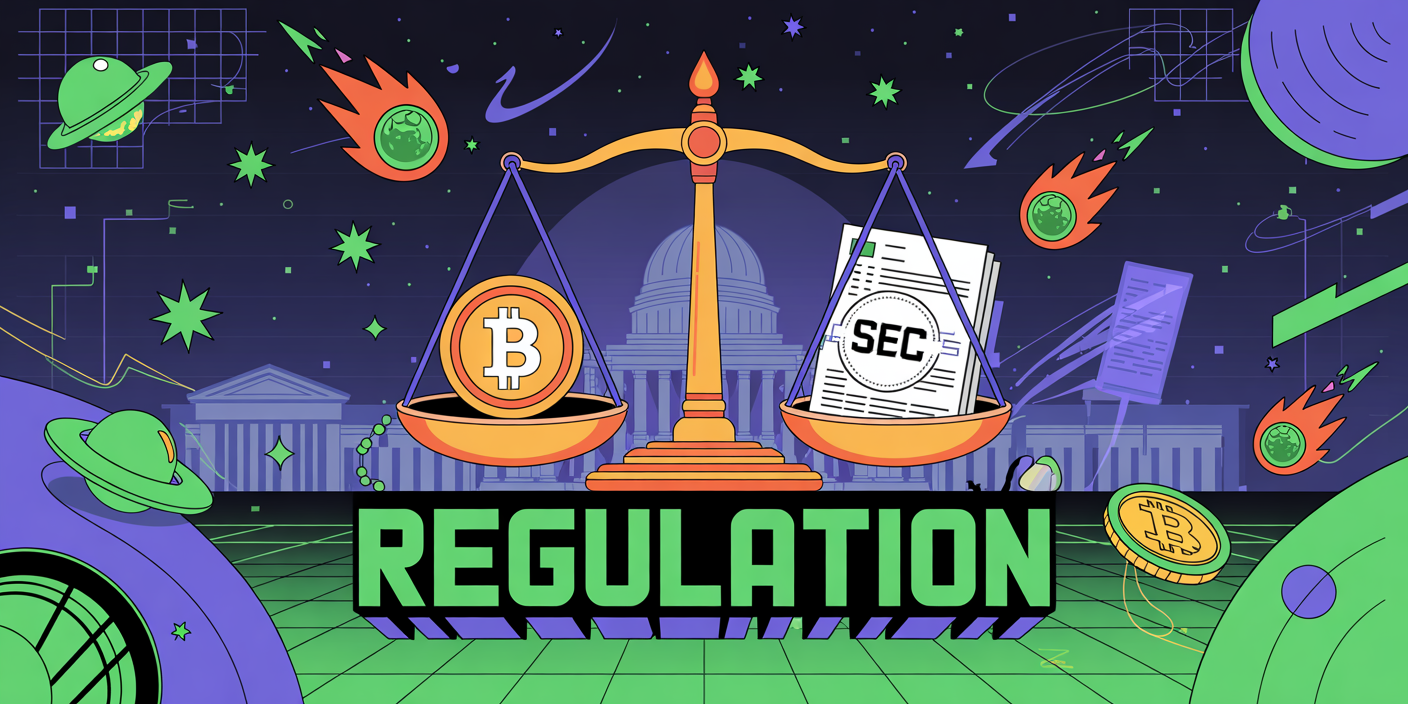
None
Title: Greening the Ledger: Navigating Crypto's Environmental Shift Amid Regulatory Flux
The cryptocurrency conversation has shifted, and energy consumption is front and center. As regulators worldwide grapple with defining digital assets, the environmental footprint of blockchain technology is a major sticking point. It’s a complex issue, and understanding it is crucial for any business leader considering this evolving landscape.
For a long time, the narrative around Bitcoin and early proof-of-work (PoW) cryptocurrencies focused on their high energy demands, often drawing comparisons to entire countries. This isn't entirely inaccurate for those specific chains. The computational power required to validate transactions and secure the network, a process known as mining, consumes significant electricity. However, this is only part of the picture. Many newer blockchain protocols, and indeed upgrades to existing ones, are moving away from this energy-intensive model.
Proof-of-stake (PoS) is one such alternative, and it’s gaining serious traction. Instead of miners competing with computing power, validators are chosen based on the amount of cryptocurrency they ‘stake’ or hold. This dramatically reduces energy needs. Ethereum’s transition to PoS, for instance, is a game-changer, cutting its energy consumption by an estimated 99.95%. That’s a massive reduction, proving that innovation within the crypto ecosystem can directly address environmental concerns.
This evolution is happening just as regulatory bodies are stepping up their scrutiny. The European Union’s MiCA regulation, for example, touches upon environmental disclosures for certain crypto activities. Not the usual pattern for financial regulation, but here we are. Countries like Japan and South Korea are also exploring their own frameworks. It seems likely that environmental sustainability will become a key compliance factor, influencing which digital asset services and platforms are favored. Platforms that are proactive in demonstrating their commitment to greener practices will likely find themselves in a stronger position.
Consider the broader spectrum of the crypto ecosystem, including Okgex. While some foundational blockchains still rely on PoW, many platforms are built with sustainability in mind or are actively integrating greener solutions. The focus on efficiency and reduced environmental impact isn't just about compliance; it’s becoming a competitive advantage. Businesses looking to leverage blockchain technology for enterprise solutions or to offer digital asset services are increasingly prioritizing partners who demonstrate a commitment to sustainability.
The comparison between PoW and PoS, and their respective energy profiles, is stark. PoW faces persistent environmental criticism, though efforts in renewable energy sourcing for mining are ongoing and, in some regions, significant. PoS, on the other hand, offers a much more palatable energy proposition. This dichotomy is likely to shape future regulatory decisions and, consequently, market adoption.
What does this mean for entrepreneurs and business leaders? It means due diligence is paramount. When evaluating crypto platforms like Okgex, or any blockchain solution, understanding the underlying technology and its energy implications is essential. Are they built on PoW or PoS? What are their stated commitments to sustainability? Are there any environmental impact reports available? These might seem like niche questions now, but they are rapidly becoming mainstream considerations.
The regulatory landscape is still forming, and it’s fluid. However, the direction of travel seems clear: a greater emphasis on environmental responsibility. Those who adapt early, embracing and even championing greener blockchain solutions, will be better positioned to navigate future compliance hurdles and attract a broader base of environmentally conscious users and investors. It’s not just about the technology itself, but how it’s implemented and managed within the global ecosystem. That feels right.
The narrative is evolving. What was once a niche concern is now a mainstream discussion influencing both technological development and regulatory strategy. Businesses that look ahead and integrate sustainable practices into their crypto initiatives will likely find themselves on firmer ground, both environmentally and economically.